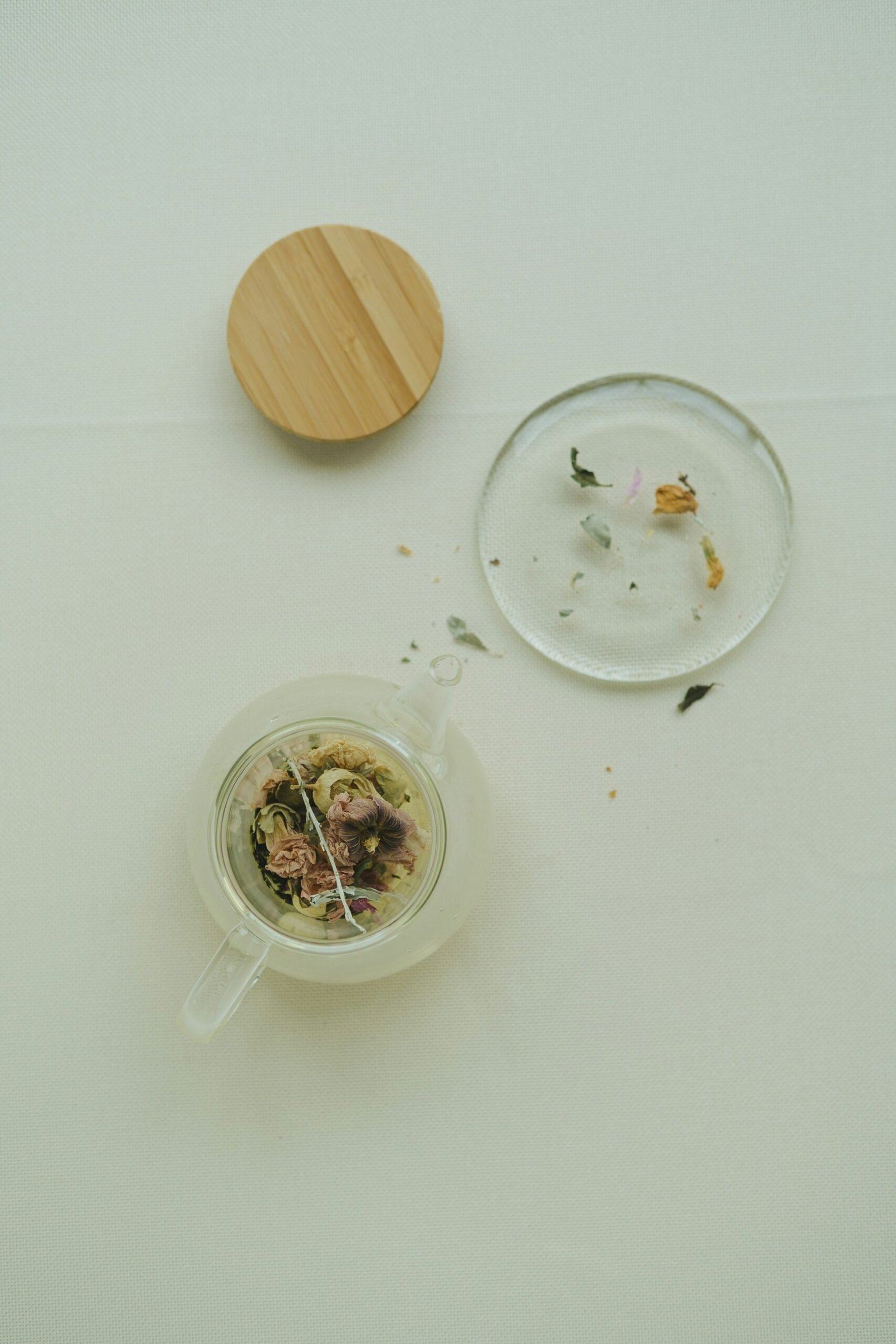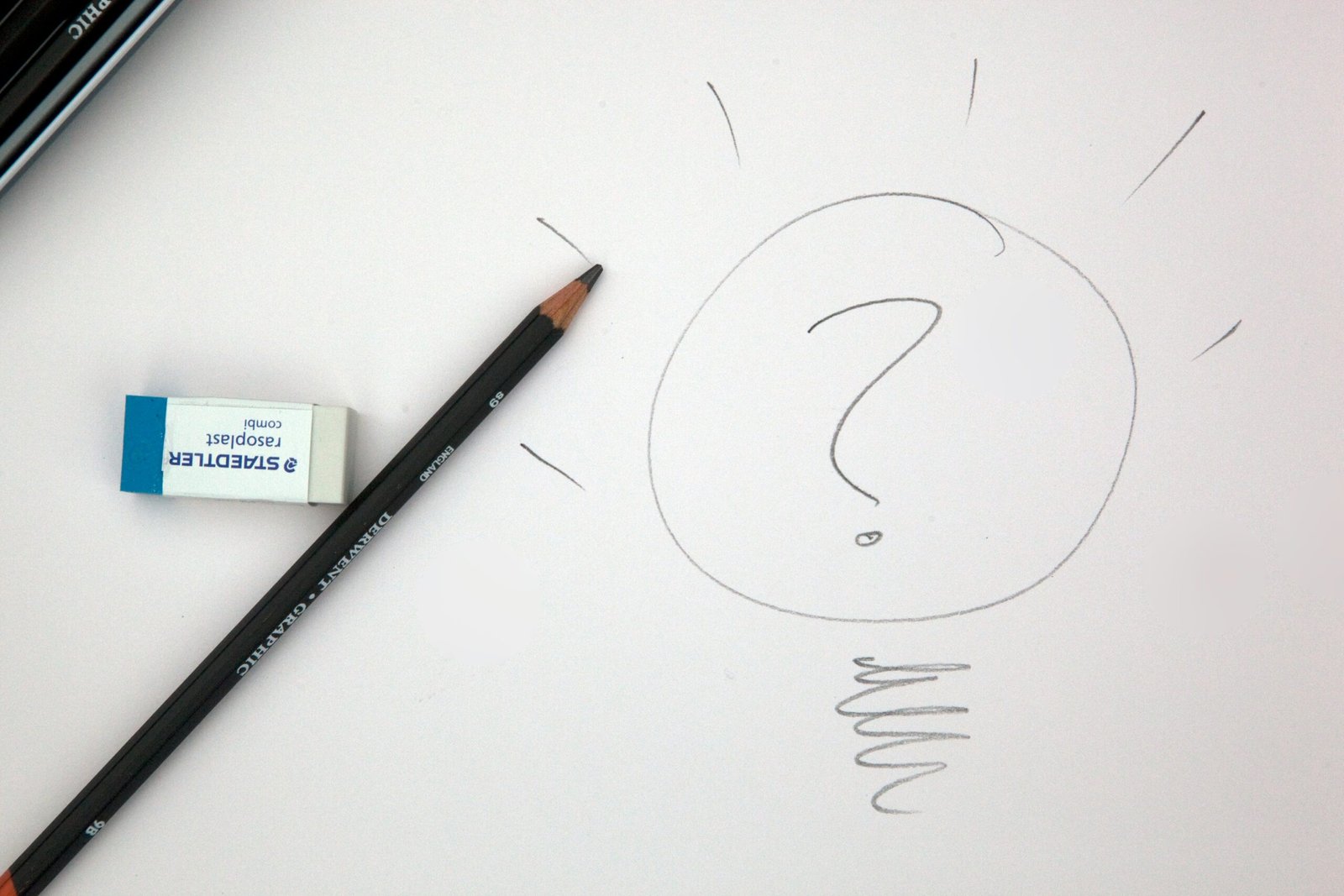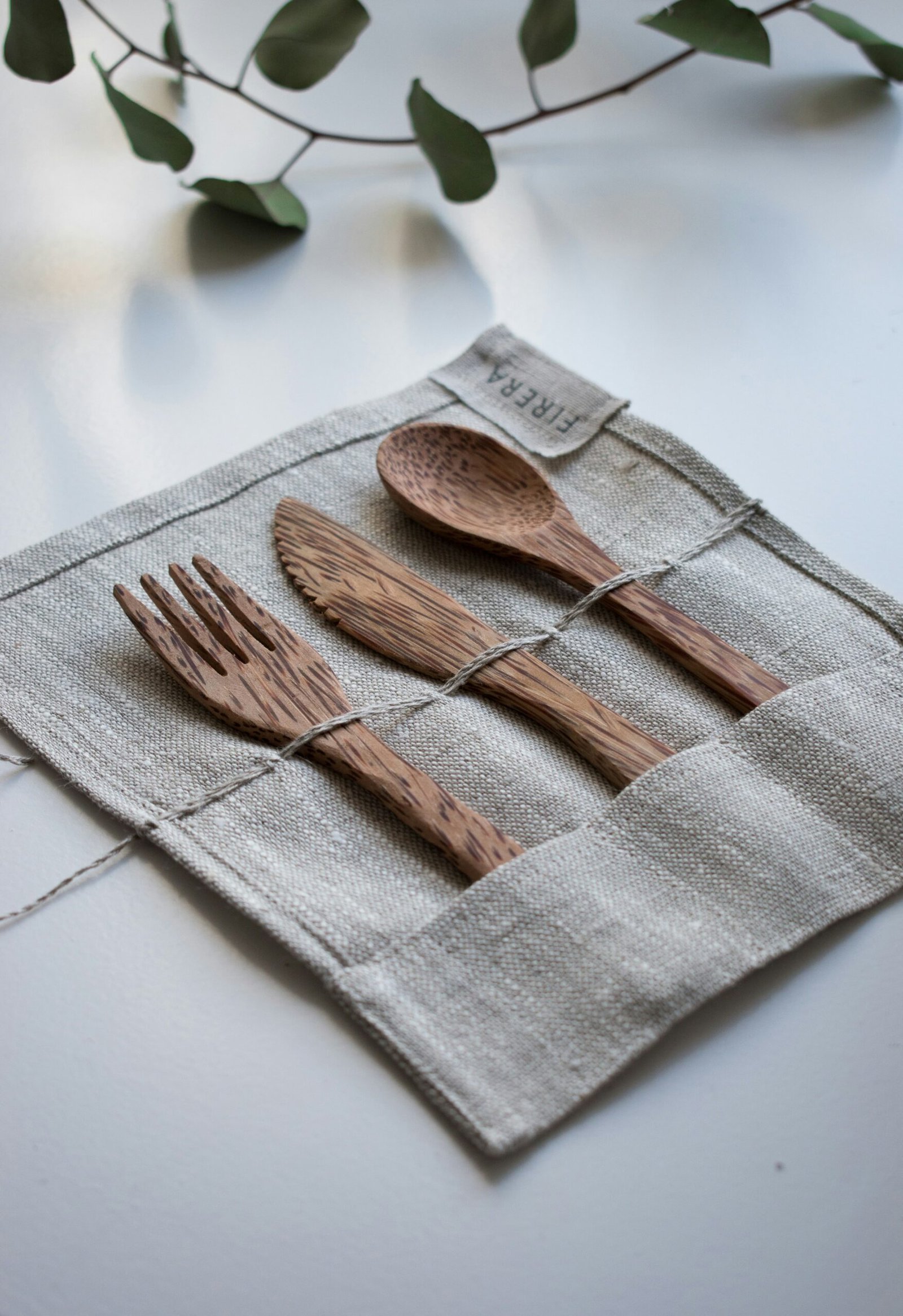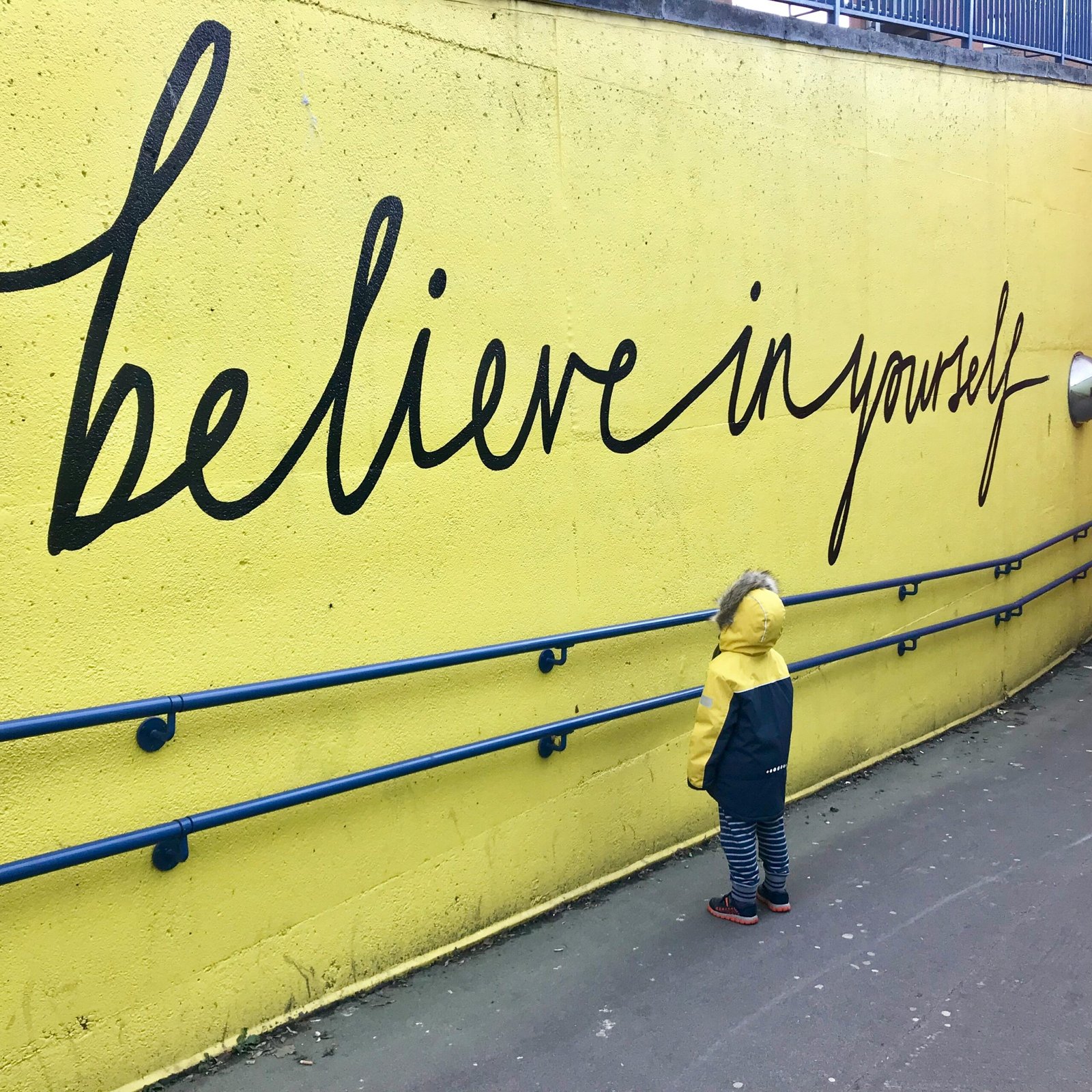The Power of Daily Rituals: Creating Meaningful Habits

When it comes to creating meaningful habits, consistency is key. Daily rituals provide a structure and framework for our lives, allowing us to prioritize our goals and make progress towards them every single day. Whether it’s starting the day with a morning meditation, dedicating time for exercise, or setting aside a few minutes for reflection before bed, these rituals help us stay focused and motivated.
One of the main benefits of daily rituals is that they create a sense of stability and routine in our lives. When we have a set schedule and specific actions to follow, it becomes easier to stay on track and avoid distractions. By incorporating meaningful habits into our daily rituals, we can ensure that we are consistently working towards our goals and living a purposeful life.
Moreover, daily rituals can also have a profound impact on our mental and emotional well-being. Taking time for self-care and self-reflection allows us to recharge and rejuvenate. It gives us the opportunity to check in with ourselves, assess our progress, and make any necessary adjustments. By making these rituals a priority, we are prioritizing our own personal growth and happiness.
Additionally, daily rituals can help us build discipline and resilience. When we commit to a routine and stick to it, even on days when we don’t feel like it, we are strengthening our willpower and determination. This discipline spills over into other areas of our lives, allowing us to tackle challenges with a greater sense of focus and determination.
Creating meaningful habits through daily rituals is not about perfection or rigidity. It’s about finding what works for us and making a conscious effort to incorporate those habits into our daily lives. It’s about being flexible and adaptable, while still staying committed to our goals. By consistently practicing these rituals, we are creating a solid foundation for personal growth and success.
In conclusion, daily rituals have the power to transform our lives and help us create meaningful habits. By incorporating consistent actions into our daily routines, we can prioritize our goals, improve our mental and emotional well-being, build discipline and resilience, and ultimately live a more purposeful life. So, let’s embrace the power of daily rituals and watch as they shape our lives for the better.
What are Daily Rituals?
Daily rituals are the small, consistent actions we take every day. They can be as simple as making our bed in the morning or as complex as following a specific morning routine. The key is that these rituals are done consistently and intentionally. They help us establish a sense of structure and purpose in our lives.
While daily rituals can vary from person to person, they often involve activities that promote physical and mental well-being. Examples of daily rituals include meditation, exercise, journaling, reading, and practicing gratitude. These rituals can be customized to fit our individual needs and preferences.
One popular daily ritual that many people incorporate into their lives is meditation. This ancient practice has been used for centuries to promote relaxation, reduce stress, and increase mindfulness. By setting aside a few minutes each day to sit in quiet reflection, we can calm our minds and focus on the present moment. Whether it’s through guided meditation, deep breathing exercises, or simply sitting in silence, meditation can have a profound impact on our overall well-being.
Another common daily ritual is exercise. Whether it’s going for a run, hitting the gym, or practicing yoga, physical activity is essential for maintaining a healthy body and mind. Regular exercise not only helps us stay fit and strong, but it also releases endorphins, which are natural mood boosters. By incorporating exercise into our daily routine, we can improve our physical health, reduce stress, and increase our energy levels.
Journaling is another powerful daily ritual that can have a positive impact on our lives. By taking a few minutes each day to write down our thoughts, feelings, and experiences, we can gain clarity and insight into ourselves. Journaling allows us to process our emotions, set goals, and track our progress. It can also serve as a creative outlet, allowing us to explore our thoughts and ideas in a safe and private space.
Reading is a daily ritual that not only provides entertainment but also stimulates our minds and expands our knowledge. Whether it’s fiction, non-fiction, or self-help books, reading exposes us to new ideas, perspectives, and experiences. It can help us develop empathy, improve our communication skills, and broaden our horizons. By setting aside time each day to read, we can cultivate a lifelong love of learning and personal growth.
Practicing gratitude is a simple yet powerful daily ritual that can shift our mindset and improve our overall well-being. By taking a few moments each day to reflect on the things we are grateful for, we can cultivate a sense of appreciation and positivity. Gratitude has been linked to increased happiness, improved relationships, and reduced stress. Whether it’s writing in a gratitude journal, sharing our gratitude with others, or simply saying “thank you,” incorporating this ritual into our daily lives can have a profound impact on our mental and emotional well-being.
In conclusion, daily rituals are the small, consistent actions we take every day to promote physical and mental well-being. Whether it’s through meditation, exercise, journaling, reading, or practicing gratitude, these rituals help us establish a sense of structure and purpose in our lives. By incorporating these rituals into our daily routine, we can cultivate a healthier, happier, and more fulfilling life.
Furthermore, consistency allows us to make progress towards our goals. When we engage in a daily ritual, we are taking small, consistent steps towards our desired outcome. These small steps may seem insignificant at first, but over time they add up and lead to significant results.
Consistency also helps us build trust and credibility with ourselves and others. When we consistently show up and follow through on our commitments, we demonstrate reliability and dependability. This not only improves our self-esteem and confidence but also earns the respect and trust of those around us.
In addition, consistency helps us develop discipline and self-control. When we commit to a daily ritual, we are practicing delayed gratification and prioritizing long-term benefits over short-term pleasures. This strengthens our ability to resist temptations and make choices that align with our values and goals.
Moreover, consistency fosters a sense of accountability. When we engage in a daily ritual, we are holding ourselves accountable for our actions and progress. This self-accountability keeps us motivated and focused on our goals, as we know that each day is an opportunity to move closer to our desired outcome.
Consistency also allows us to establish a sense of stability and structure in our lives. When we have a consistent daily ritual, we create a predictable routine that brings a sense of order and control. This routine can provide comfort and reduce stress, as we know what to expect and can better manage our time and energy.
Lastly, consistency builds resilience and perseverance. When we commit to a daily ritual, we are acknowledging that there will be challenges and setbacks along the way. However, by showing up every day and staying consistent, we develop the resilience to overcome obstacles and the perseverance to keep going even when things get tough.
In conclusion, consistency is a powerful tool that can transform our lives. By engaging in a daily ritual and staying consistent, we can build habits, make progress towards our goals, develop discipline and self-control, foster accountability, establish stability and structure, and build resilience and perseverance. So, let’s harness the power of consistency and unlock our full potential.
Creating meaningful habits is not an easy task. It requires dedication, consistency, and a deep understanding of our values and goals. One way to start is by identifying the areas of our lives that we want to improve or change. This could be anything from our physical health to our mental well-being or our professional growth.
Once we have identified our desired areas of improvement, we can then brainstorm daily rituals that align with these goals. For example, if we want to improve our physical health, we can create a morning ritual of waking up early and going for a run. This ritual not only helps us stay physically fit but also sets a positive tone for the rest of the day.
However, it is important to note that creating meaningful habits is not just about the actions we take but also about the mindset we cultivate. It is about developing a growth mindset that allows us to see setbacks as opportunities for learning and growth. It is about being kind and compassionate towards ourselves when we stumble or fall off track.
Another important aspect of creating meaningful habits is accountability. It can be helpful to find an accountability partner or join a community of like-minded individuals who can support and encourage us on our journey. Sharing our goals and progress with others not only helps us stay motivated but also provides a sense of accountability.
Lastly, it is important to be patient and realistic with ourselves. Creating meaningful habits takes time and effort. It is not something that happens overnight. It requires consistent practice and a willingness to adapt and adjust as needed. It is about embracing the process and enjoying the journey rather than solely focusing on the end result.
In conclusion, creating meaningful habits is a powerful way to transform our lives. By engaging in daily rituals that align with our values and goals, we can cultivate self-discipline, improve our well-being, and create a life of purpose and fulfillment. It may not always be easy, but the rewards are well worth the effort.
Designing Your Daily Rituals
Designing your daily rituals is a personal and intentional process. It requires self-reflection and an understanding of your values and priorities. Here are some steps to help you get started:
1. Identify Your Values and Goals
Take some time to reflect on what is most important to you. What are your core values? What are your short-term and long-term goals? Understanding what matters to you will guide the design of your daily rituals.
2. Start Small
It’s important to start small when creating new habits. Choose one or two rituals that are easy to incorporate into your daily routine. For example, you could start by practicing 5 minutes of meditation every morning.
3. Be Consistent
Consistency is key. Commit to practicing your daily rituals every day, even if it’s just for a few minutes. Over time, you can gradually increase the duration or add new rituals to your routine.
4. Track Your Progress
Keep track of your progress to stay motivated and accountable. You can use a habit tracker or a journal to record your daily rituals and reflect on how they are impacting your life.
5. Adjust as Needed
Be flexible and willing to adjust your daily rituals as needed. Life is dynamic, and our needs and priorities may change over time. Regularly reassess your rituals to ensure they continue to align with your values and goals.
As you design your daily rituals, it’s important to remember that they should be tailored to your unique circumstances and preferences. What works for one person may not work for another. It’s okay to experiment and find what rituals resonate with you.
In addition to considering your values and goals, think about the different areas of your life that you want to prioritize. This could include your physical health, mental well-being, relationships, career, and personal growth. By incorporating rituals that address these different areas, you can create a well-rounded daily routine that supports your overall well-being.
Another aspect to consider is the timing of your rituals. Some people find it helpful to have a morning routine that sets a positive tone for the day, while others prefer to wind down with evening rituals that promote relaxation and restful sleep. Experiment with different timings and see what works best for you.
When designing your rituals, think about how they can be integrated into your existing schedule. Look for opportunities to combine them with activities you already do regularly, such as brushing your teeth or having a meal. This can make it easier to stick to your rituals and ensure they become a natural part of your day.
Remember that designing your daily rituals is an ongoing process. As you grow and evolve, your rituals may need to adapt as well. Stay open to exploring new practices and be willing to let go of rituals that no longer serve you.
By taking the time to design intentional daily rituals, you can create a foundation for a more purposeful and fulfilling life. These rituals can help you prioritize what matters most to you and provide a sense of structure and meaning in your daily routine. So start today, and begin crafting rituals that support your well-being and help you thrive.
6. Enhanced Creativity
Engaging in daily rituals can also have a profound impact on our creativity. When we establish a regular routine, our minds become more attuned to the creative process. Whether it’s setting aside time each day for artistic pursuits or simply allowing ourselves to daydream, daily rituals provide the space for new ideas to flourish.
7. Improved Focus and Concentration
Consistency is key when it comes to developing focus and concentration. By incorporating daily rituals that require mental effort, such as reading or solving puzzles, we train our minds to stay focused for longer periods of time. Over time, this can lead to improved productivity and a greater ability to tackle complex tasks.
8. Reduced Stress and Anxiety
Many daily rituals are designed to promote relaxation and reduce stress. Whether it’s taking a warm bath, practicing deep breathing exercises, or engaging in a hobby that brings us joy, these rituals can help us unwind and find a sense of calm amidst the chaos of daily life. By regularly incorporating these practices into our routine, we can build resilience and better cope with stress and anxiety.
9. Increased Self-Discipline
Daily rituals require commitment and self-discipline. By consistently engaging in these activities, we develop a stronger sense of willpower and self-control. This can have a positive impact on all areas of our lives, from our personal relationships to our professional endeavors.
10. Sense of Purpose and Meaning
Having a daily routine gives us a sense of structure and purpose. When we have a clear plan for each day, we are more likely to feel a sense of accomplishment and fulfillment. Daily rituals can help us align our actions with our values and goals, leading to a greater sense of meaning in our lives.
In conclusion, daily rituals have a wide range of benefits for our well-being and personal growth. From increased productivity and improved mental health to enhanced creativity and a sense of purpose, incorporating daily rituals into our lives can have a profound impact on our overall happiness and fulfillment.






